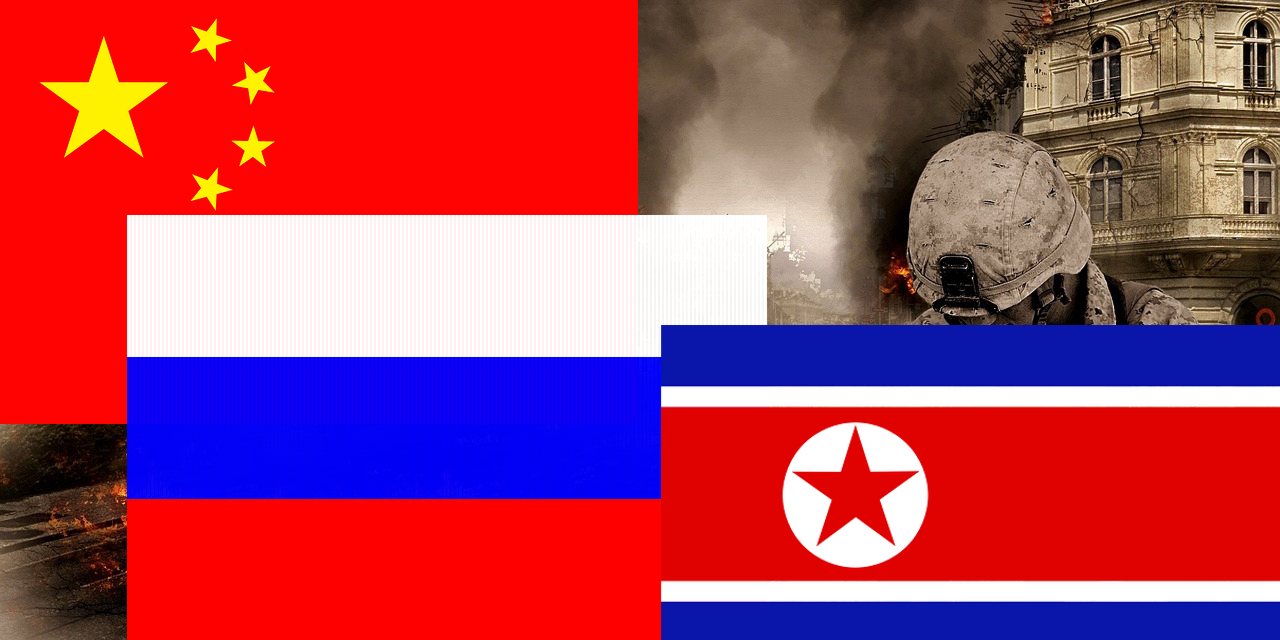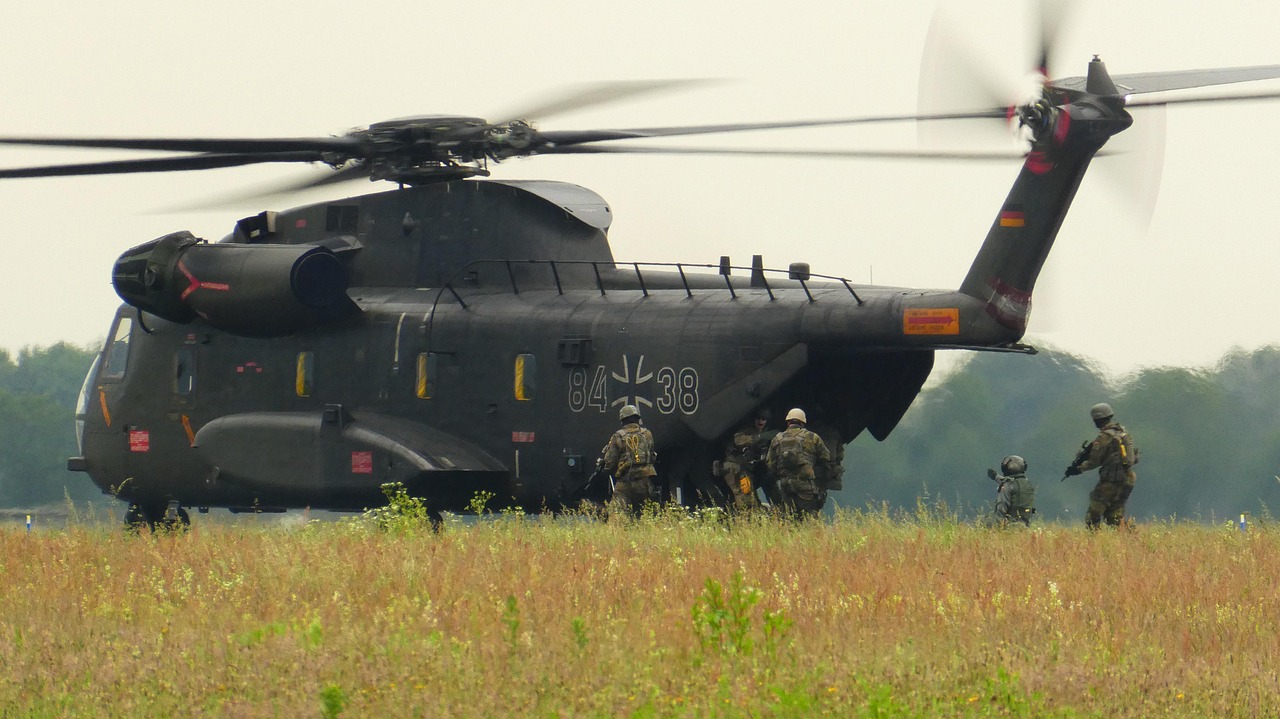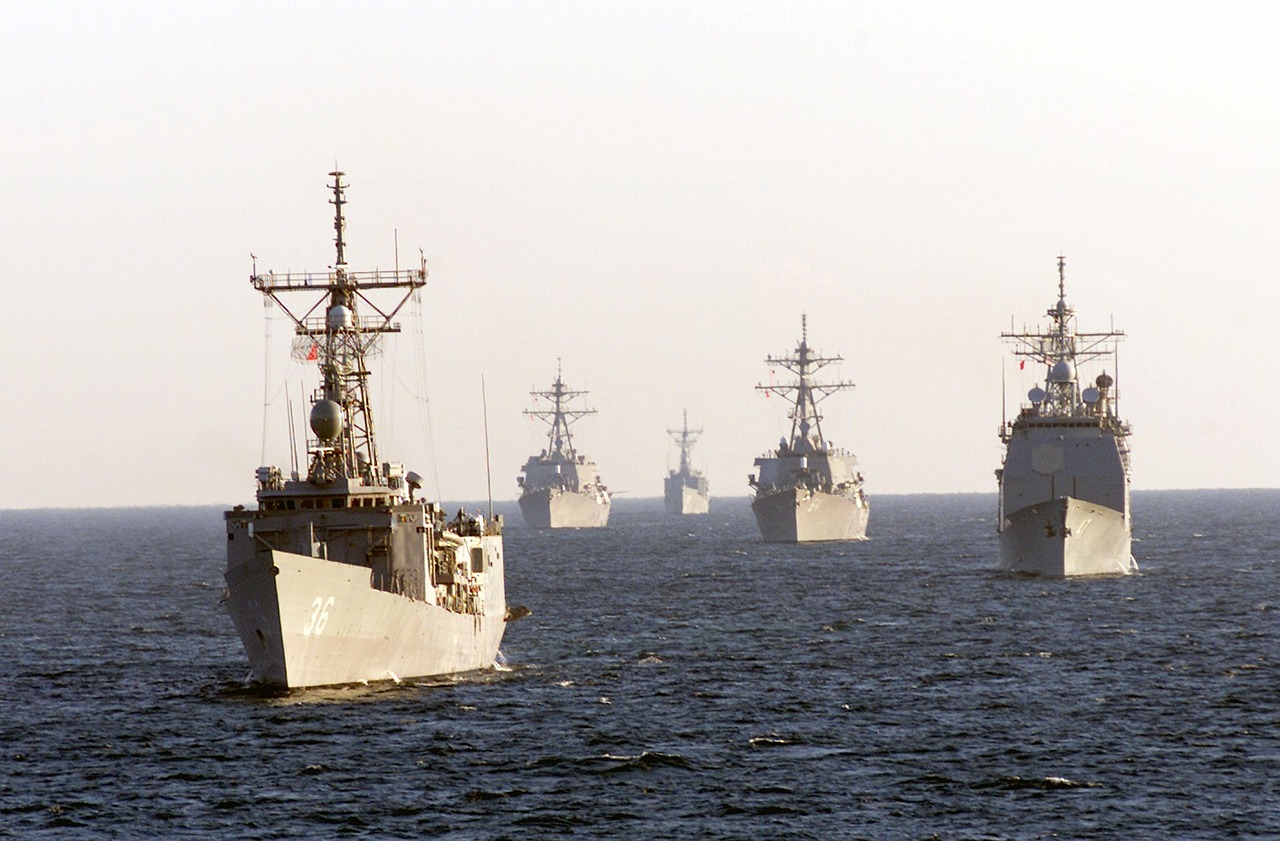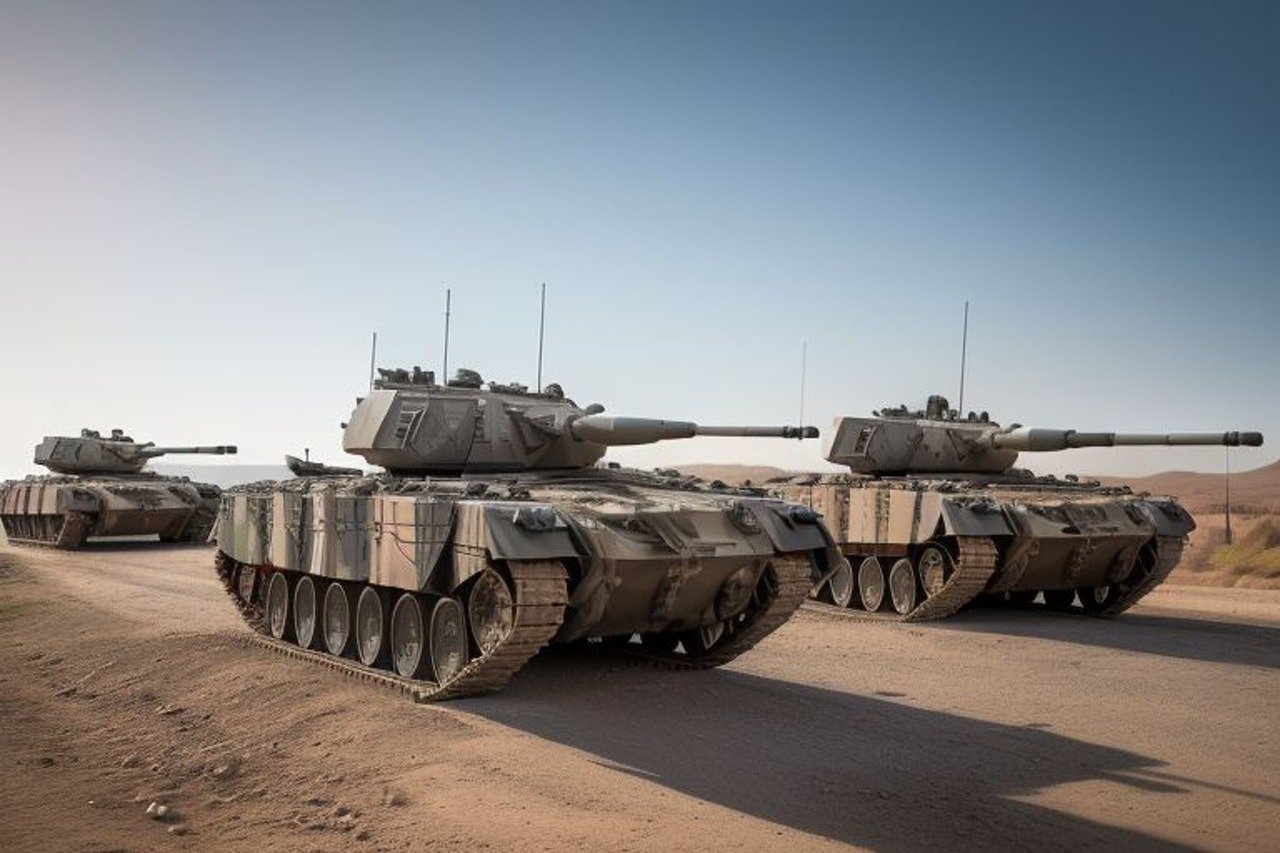Wars

Wars are large-scale conflicts between groups, typically nations or states, involving organized military forces. These conflicts arise from disputes over various issues, such as territory, resources, power, ideology, or religious beliefs. Wars often result in significant destruction, loss of life, and long-term societal and economic impacts.
There are different types of wars, including:
1. "Civil Wars": Conflicts within a single country, often between different groups, factions, or regions.
2. "World Wars": Large-scale conflicts that involve multiple nations across the globe, such as World War I and World War II.
3. "Revolutionary Wars": Wars fought to overthrow a government or political system, often led by revolutionary movements.
4. "Proxy Wars": Conflicts where two opposing countries or groups support combatants that serve their interests rather than directly engaging in the conflict themselves.
5. "Guerrilla Wars": Conflicts characterized by small, mobile groups of combatants using irregular tactics to fight larger, more traditional military forces.
Wars can have various causes, including political, economic, social, and cultural factors, and they often have lasting consequences on the societies involved.

- Details
- By Sæbjörn Leafslayer
- Category: War
- 103
Short answer: no — but they’re more confusing and less stable in different ways.
The Cold War was scarier in some respects; today is messier.
Here’s the clean comparison 👇

- Details
- By Sæbjörn Leafslayer
- Category: War
- 745
Discover how nuclear capabilities influenced international relations without actual weapons use.
Here’s a list of wars and conflicts since 1945 that involved nuclear-armed countries, either directly or indirectly.
*Note: These are wars where at least one nuclear-armed state was a direct belligerent, not just a supporter.
Read more: Major Wars Involving Nuclear-Armed States Since 1945

- Details
- By Sæbjörn Leafslayer
- Category: War
- 724
A formal military alliance between Russia, China, and North Korea—similar to NATO—is unlikely in the near future, but they do have growing strategic cooperation based on shared opposition to Western influence, particularly the United States and its allies. Here's why:
Read more: Potential for Russia-China-North Korea Alliance: Analysis and Predictions

- Details
- By Sæbjörn Leafslayer
- Category: War
- 1291
We should be heartened by the fact that the world has avoided a major global conflict for over 80 years because it represents significant progress in international diplomacy, conflict resolution, and the value placed on human life. Here are a few key reasons why this is encouraging:
Read more: Achievements in International Peace: 80 Years Without World War

- Details
- By Sæbjörn Leafslayer
- Category: War
- 954
Hypothetically speaking, if the United States attempted to forcibly annex Greenland and Canada, it would be an unprecedented and catastrophic act with profound political, military, and economic consequences. Here's an analysis of what such a scenario might entail and why it would likely fail:
Read more: Hypothetical - USA Attempts To Forcibly Annex Greenland & Canada

- Details
- By Sæbjörn Leafslayer
- Category: War
- 783
For those of you in various places that are concerned about the outbreak of civil war, a look at the countries involved in "recent" civil wars may help to ease your fears as mostly they have happened in developing countries.
Over the past 100 years, there have been numerous civil wars across the globe. Here are some notable examples, organised by decade:
Read more: Civil Wars Across the Globe: A Historical Overview in Decades.

- Details
- By Sæbjörn Leafslayer
- Category: War
- 561
"Combat conditions" refer to the circumstances in which military personnel or others operate in a situation involving active conflict or imminent danger of hostile action. These conditions typically involve exposure to direct or indirect threats, high physical and psychological stress, and the presence of life-threatening hazards. Below are some key elements that constitute combat conditions:
Read more: Navigating Combat Conditions: Challenges and Realities in Warfare

- Details
- By Sæbjörn Leafslayer
- Category: War
- 711
There are several compelling reasons why a large-scale, global conflict like World War III is unlikely in the foreseeable future. Advances in technology, economic interdependence, and the devastating potential of modern weaponry have all contributed to a more restrained approach to global conflict. Here’s a breakdown of why a third World War is improbable:
Read more: Factors Making World War III Unlikely in Current Context

- Details
- By Sæbjörn Leafslayer
- Category: War
- 665
I came across this in a Facebook Group, and I felt the reply would be better off on this site.
"Mark my words:After this week, I will not be surprised if Ukraine falls completely in the next year. There is no way they’re ever going to take a deal where they have to concede land they lost. What will it tell the rest of the world if they concede to might makes right?
And in the next four years, I anticipate Japan, the Philippines, and Taiwan are invaded and fall to China. And South Korea will be the final one as it’s invaded by the above two and North Korea.
If any of you think the U.S. will ever lift a hand to help these countries out in the next four years, you’ll be disappointed severely."
Read more: Geopolitical Analysis: Ukraine, China, U.S. Defense, and Global Stability
